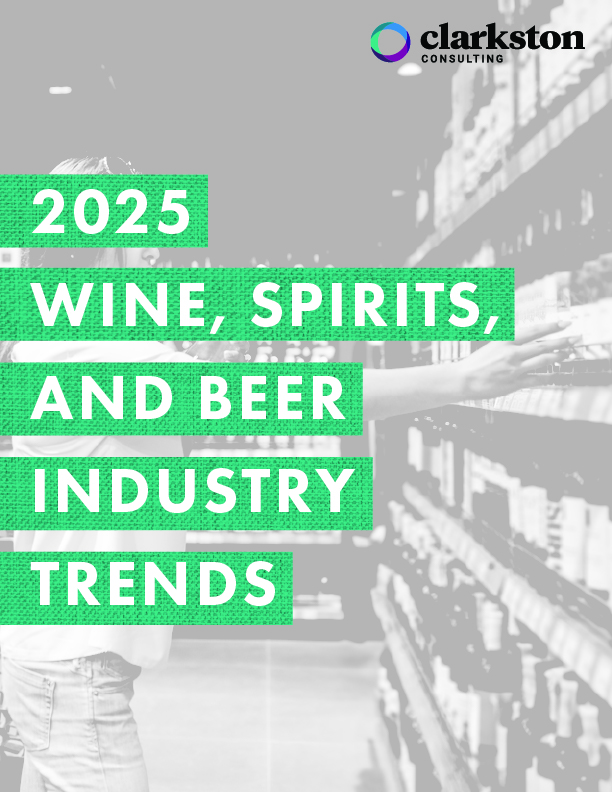Industry Challenges
Our wine, spirits, and beer consulting team is prepared to help your company face some of today’s most pressing challenges.
Meeting Evolving Consumer Preferences
From taste to convenience to moderation, consumers’ preferences for their wine, spirits, and beer are evolving, including in how much they consume, the types of products they consume, and the cadence in which they consume.
Adapting to the Digital Landscape
Driven by consumer demand for convenience, the eCommerce space for alcohol is forcing wine, spirits, and beer companies to navigate an increasingly digital landscape.
Addressing Competition & New Entrants to Market
New entrants to market, strategic M&As, and the introduction of new functional products, such as CBD, pose a threat to established wine, spirits, and beer companies looking to remain profitable and relevant in a rapidly growing industry.
Navigating a Heavily Regulated Industry
The complex regulatory environment of the alcohol industry poses challenges for manufacturers, distributors, partners, and brands alike as they navigate product labeling, introducing new products, and keeping up with evolving consumer demand.
Providing a Seamless Customer Experience Through Omnichannel
Customers are pursuing increasingly diverse ways to engage with brands, forcing a greater emphasis on omnichannel capabilities and your ability to serve customers across multiple channels seamlessly.

Wine, Spirits, and Beer Industry Trends
Read our annual trends report to stay up-to-date with where the wine and spirits industry is headed.
Download the 2025 ReportCase Study: Data Governance Strategy & Implementation
This client is a well-known wine and spirits company that manufactures, markets, and distributes products globally. The company is on a multi-year journey to digitize the enterprise and enhance organizational support by delivering continued system, process, and data improvement — which enhanced their need for timely and accurate data management. Clarkston conducted a data capability assessment and further recommended a focus in the areas of data acquisition, management, quality, and training to achieve the governance standards they desired. Clarkston worked with the client to enable a new data team structure, dedicated resources, standardized documentation, process maps and more. Continue reading by downloading the full case study here.
Data Governance Council is established with a formal cadence and structured meeting agendas
Documented current state data flow processes for key data sets as supported by NADESS
Defined education and communication around data governance and data management for the organization



